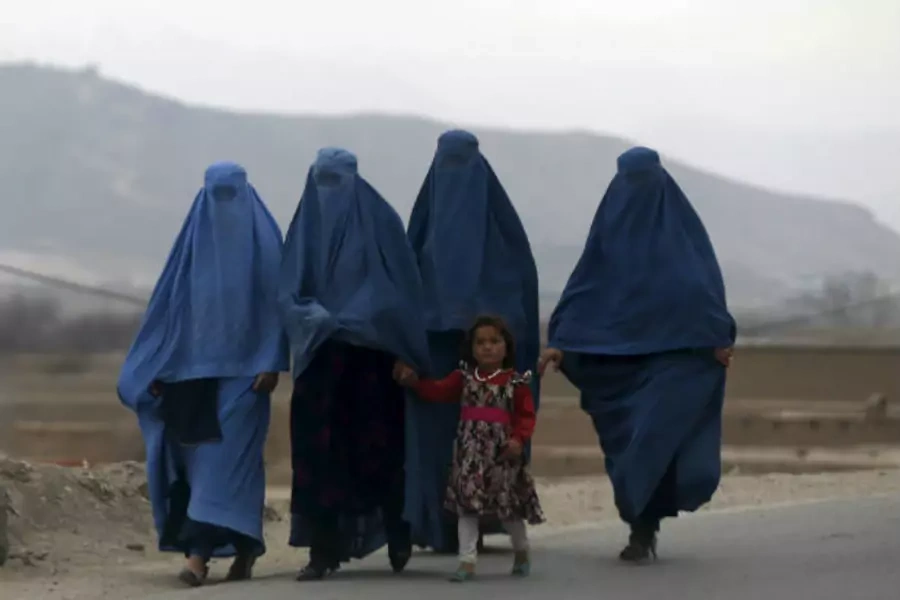Women Around the World: This Week

More on:
Welcome to “Women Around the World: This Week,” a series that highlights noteworthy news related to women and U.S. foreign policy. This week’s post, covering May 6 to May 13, was compiled with support from Anne Connell.
Taliban executes women in Afghanistan Reports emerged this week that Taliban insurgents publicly executed two women, one in an apparent honor killing, in northern Afghanistan. A video of one execution—which was recently posted online–reportedly took place in Jowzjan Province weeks ago, according to officials. The grainy film shows a crowd gathering around a kneeling woman and loudly voting to execute her. The district governor, Saira Shekib—one of only a handful of women governors in Afghanistan—asserted that the shooter was the Taliban’s shadow governor in the area. In an unrelated second case, a pregnant twenty-two-year-old woman was publicly accused by her husband of adultery and shot three times on the spot. Members of her family reported an interfamilial land dispute as the motivating factor for her husband’s false claims. The pair of attacks underscores recent evidence gathered by rights groups suggesting that Afghan women and girls continue to face pervasive discriminatory social attitudes and gender-based violence, particularly in areas under the Taliban’s stronghold, notwithstanding modest gains in access to education and civic life.
UN launches trust fund for Zika virus response The United Nations (UN) announced this week the creation of a UN Zika Response Multi-Partner Trust Fund (MPTF) to finance critical underfunded priorities in response to the Zika outbreak. The aim of the trust fund is to enable the UN system and partners to provide rapid, flexible, and accountable support to Zika-affected countries—particularly in Latin America and the Caribbean, which have been hit hardest by the outbreak. Donors include UN member states, regional organizations, businesses, and the philanthropic sector, and funds will be allocated by an advisory group based on a ranking of need. The announcement follows February’s World Health Organization official declaration of a Public Health Emergency of International Concern (PHEIC) due to the concerning rise in the number of clusters of microcephaly cases and other neurological disorders apparently linked to Zika. The congenital malformations associated with the virus, transmitted by the bite of an Aedes mosquito, are presently incurable and are rapidly spreading—with particularly damaging effects for women who have limited access to education, live in remote or rural areas, and lack family planning services that could reduce the risk of transmission.
Bloomberg measures gender equality This week, Bloomberg launched the Bloomberg Financial Services Gender-Equality Index (BFGEI), a first-of-its-kind tool that evaluates companies based on their investment in women and promotion of gender equality. The index provides investors and organizations with standardized data measuring employment statistics, flexible work policies and benefits like parental leave, product offerings geared toward women, and external support for projects to advance women and girls’ empowerment. While the tool is—for now—voluntary and does not rank companies, the inaugural index highlights twenty-six financial services firms that are strongly committed to gender equality and data transparency. The index reflects growing demand from investors for data measuring firm performance related to women, as well as increasing recognition from investors that policies to advance gender equality are smart for business. According to Angela Sun, head of strategy and corporate development at Bloomberg, ample “[e]vidence demonstrates that gender-equality policies and practices can affect a company’s financial performance, productivity and ability to retain top talent.”
More on:
 Online Store
Online Store